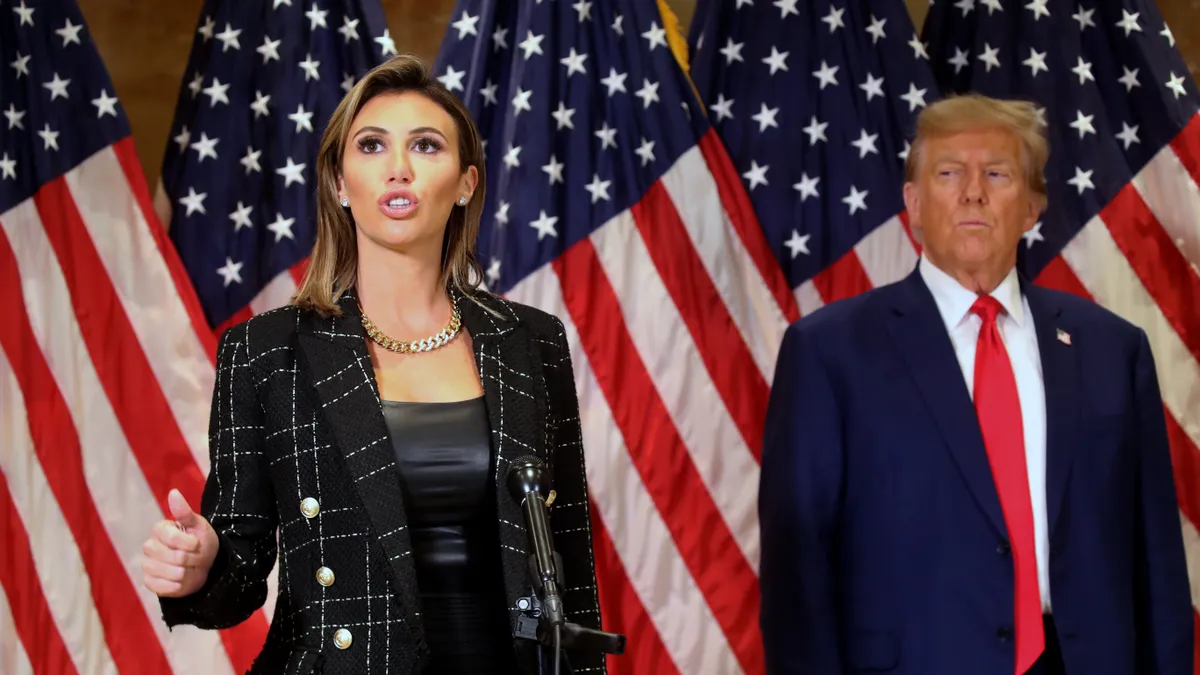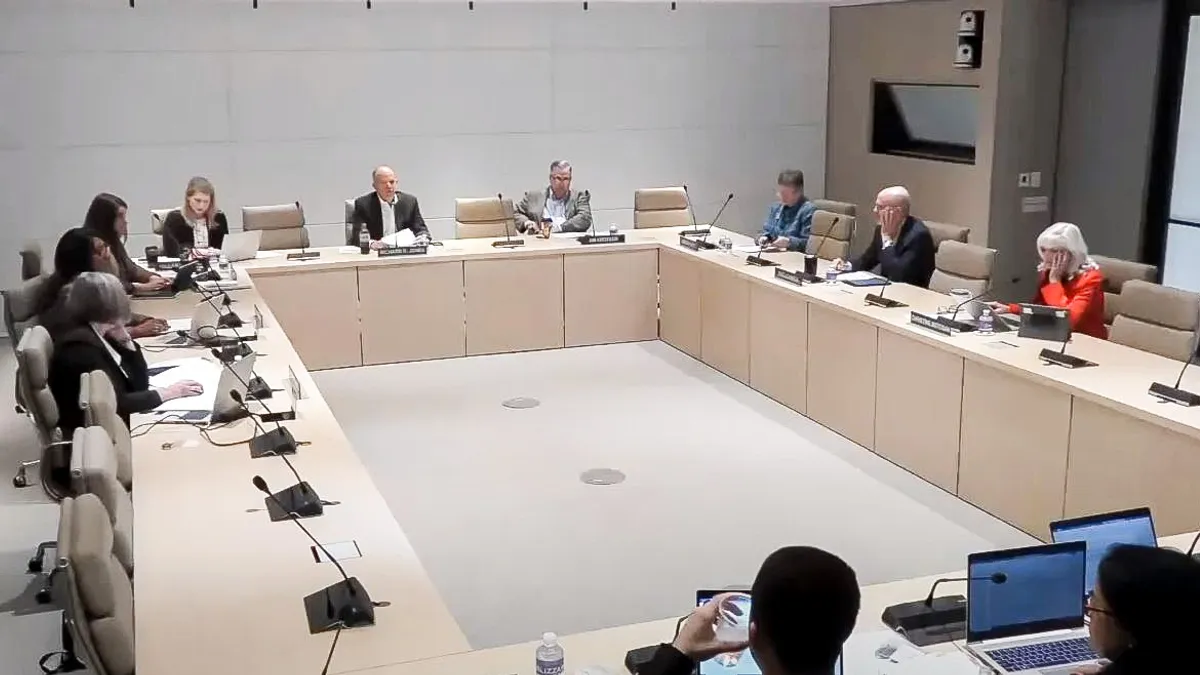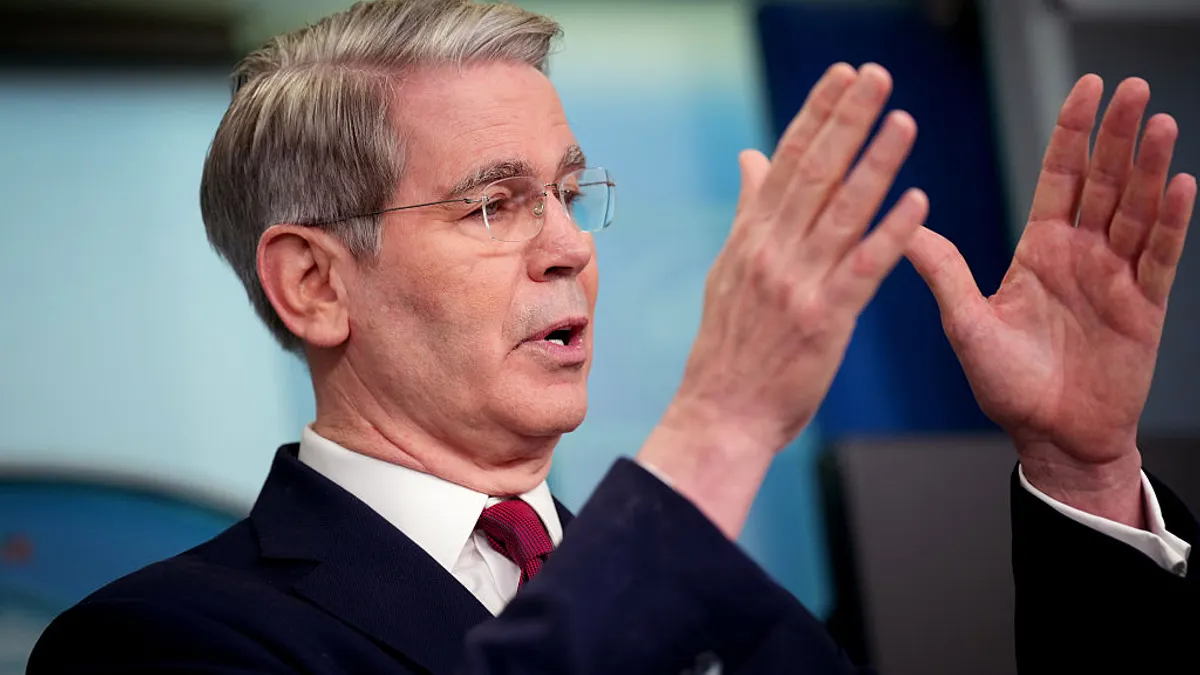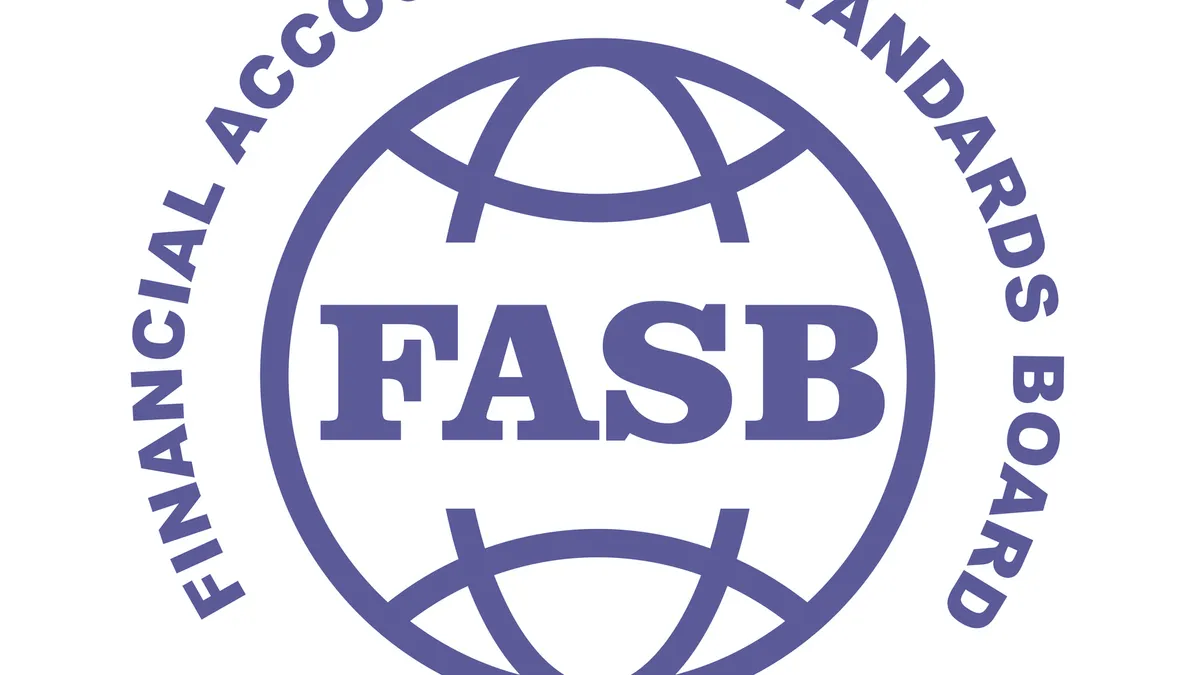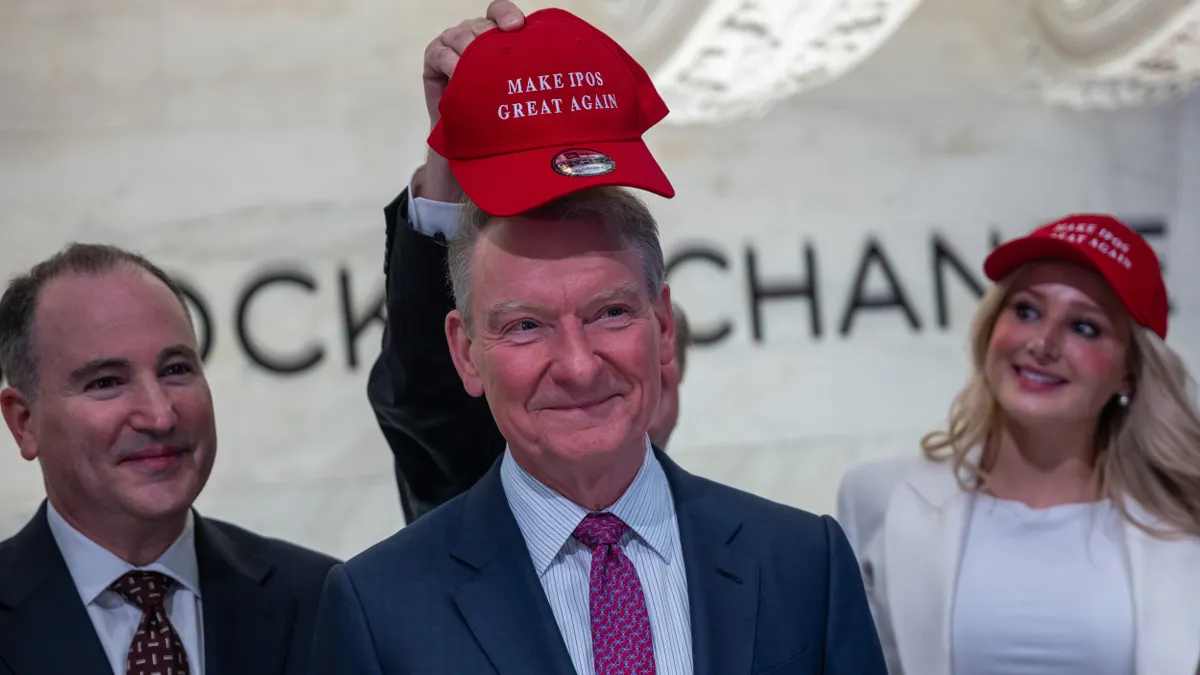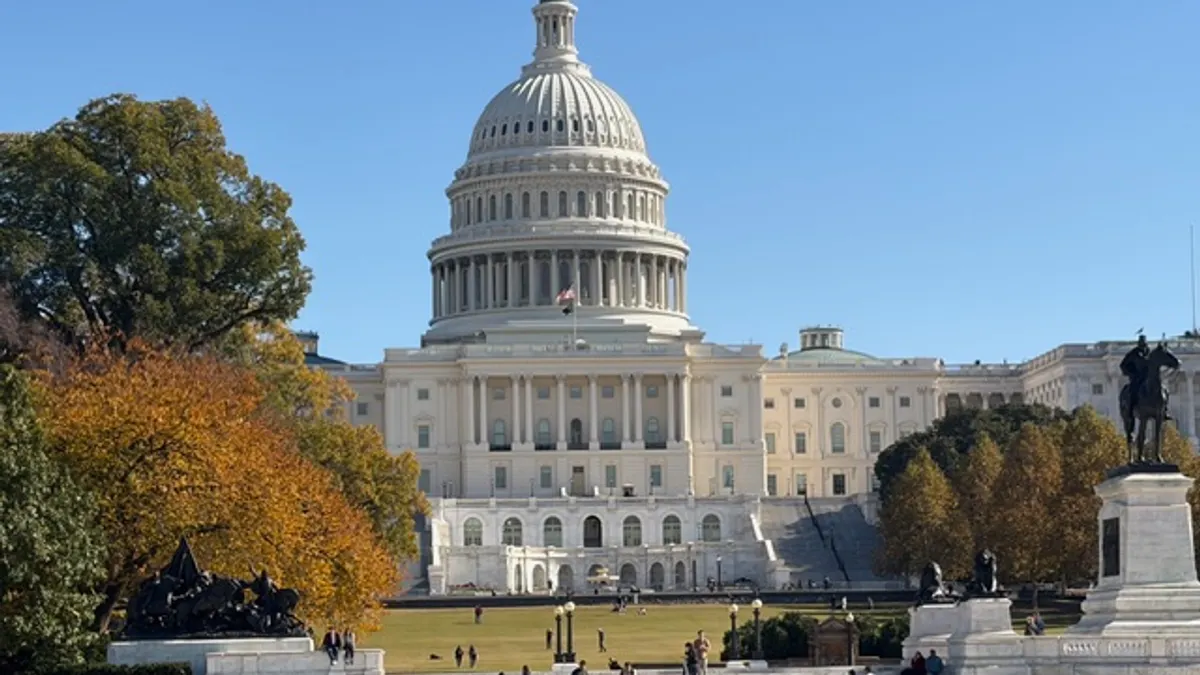A much anticipated ruling from presiding Judge Arthur Engoron expected Friday in the $370 million civil fraud case against the Trump Organization and former President Donald Trump will open a new chapter in the politically-charged saga that has spotlighted the crucial responsibility that CFOs have for their firm’s financial reports — no matter who owns the company.
The New York Attorney General Letitia Jame’s civil fraud case — which alleges that the former president and the Trump Organization fraudulently inflated Trump’s net worth in order to obtain bank loans for more favorable terms — also named the organization’s ex-CFO Allen Weisselberg as a defendant. The conduct and responsibility of the ex-finance chief has been closely scrutinized throughout the trial, where attorneys for the NY AG and Trump sparred over who has ultimate responsibility for an organization’s financials.
However, most finance chiefs should rest easy before Engoron hands down his ruling; it will likely not have broad implications for finance chiefs inside or outside the real estate industry, experts say. Trump’s former CFO’s case is unique, with Weisselberg facing allegations of perjury after being convicted of tax fraud in the state, Jack Castonguay, an assistant professor of accounting at Hofstra University, told CFO Dive in an emailed response to questions. Executives regardless of industry should know that such acts — lying to courts and committing fraud — are illegal, he said.
What Weisselberg’s case might do, however, is “serve as warning to other executives who are at organizations run by a dominant personality, such as Mr. Trump, and don’t do their own due diligence on financial matters,” he said in an emailed response to questions.
“I imagine this will push CFOs to ask more questions of estimates, seek more supporting information, and perform their own analysis at their companies instead of taking certain individuals at their word — even if that individual owns the company where they work,” he said.
Taking financial responsibility
Weisselberg’s level of responsibility throughout the Trump civil fraud case has been closely scrutinized as attorneys for the NY AG and the former president scrapped over the accounting language and requirements which lay at the heart of the trial.
In his ruling, Engoron could potentially hand down a lifetime ban for the ex-CFO from the state’s real estate industry, as well as such a ban for Trump himself. The NY AG is also asking for a five-year ban for Trump’s eldest sons, Eric Trump and Donald Trump Jr., as well as a $370 million fine against the organization. Engoron has already ruled the Trump Organization is liable for fraud.
Weisselberg’s own legal standing independent of the civil fraud trial is more than enough to gain him such a ban, Castonguay said. The ex-CFO was convicted of tax fraud and is reportedly negotiating a deal with Manhattan District Attorney Alvin Bragg concerning reports of potential perjury during the civil fraud trial. While the charges of perjury may not influence the ruling, they raise questions about Weisselberg’s credibility that Engoron asked to address last week when such reports arose, CFO Dive previously reported.
Trump and his two eldest sons, meanwhile, may face some type of ban but will likely not be barred from participating in the real estate industry perpetually, Castonguay said.
“It would be difficult for the organization to be found liable for fraud yet only have the CFO liable when it has been established members of the Trump family were at a minimum negligent and at most complicit in the Trump Organization fraud,” he said.
Fines and fraud
Engoron’s expected ruling comes after a two and half month trial fraught with political undercurrents, where the judge weighed testimony and expertise from a long parade of witnesses and experts, looked at key exhibits, and sparred with attorneys for both the NY AG and for Trump.
While Engoron has already ruled the organization is liable for fraud, just what that means financially remains to be seen: the NY AG’s office bumped up the fine it was seeking from the Trump Organization from $250 million to $370 million before closing arguments, leaving the ex-president, according to NBC News, facing up to $400 million in potential legal penalties. During the course of the trial, state attorneys argued that a “cash crunch” originating from his business expenses paired with his 2016 campaign costs caused the former president to perpetuate the fraud.
Even if the fine falls short of the requested $370 million, it’s likely the Trump Organization will still face a record fine, and given the organization’s cash position as highlighted during the trial, it’s not likely they will be able to cover the full fine without selling assets to cover the payment, Castonguay said.
“This will result in them likely selling real estate assets, which in a down real estate market, will likely further put downward pressure on real estate prices,” Castonguay wrote.
Engoron will probably hand down a fine close to the $370 million figure requested by the NY AG, Michael Bachner, partner at Bachner & Associates told CFO Dive.
“Trump was sued under a NY rule, 63(12) which allows the Court to order that Trump pay back about $370 million — the amount the AG claimed was acquired through fraud,” Bacher said in an emailed response to questions. The NY AG has brought the rule to bear against oil company Exxon Mobil and tobacco company Juul, the New York Times reported.
The court could potentially order that Trump sell his property in the state to satisfy that fine, Bachner said, and while Trump could look to obtain a bond to guarantee his payment, that could cost about 10% of the judgment or approximately $39 million, which would be nonrefundable, he said.
Furthermore, while Trump may not own property in his own name in the state, there are numerous LLCs and like entities with Trump branding that “may have to divest of any New York Real estate,” Peter Tilem, senior partner at Tilem & Associates said. “This could create a big mess for the Trump Organization.”
However the ruling shakes out, Engoron’s unlikely to have the last word Friday, Tilem said — the ruling will almost certainly be appealed, something that Trump’s attorneys have already begun laying the groundwork for.



